Learn first » Loan next
Learn about affordable mortgage programs before jumping into a loan
Get preapproved for a mortgage Low down payment mortgages
LoanDanny Staff
Learn how to use cash-out refinance funds wisely with strategies for debt consolidation, home improvements, investments, and more. Maximize your home equity effectively. Using cash-out refinance funds to pay off high-interest debts, such as credit cards or personal loans, can save money on interest.
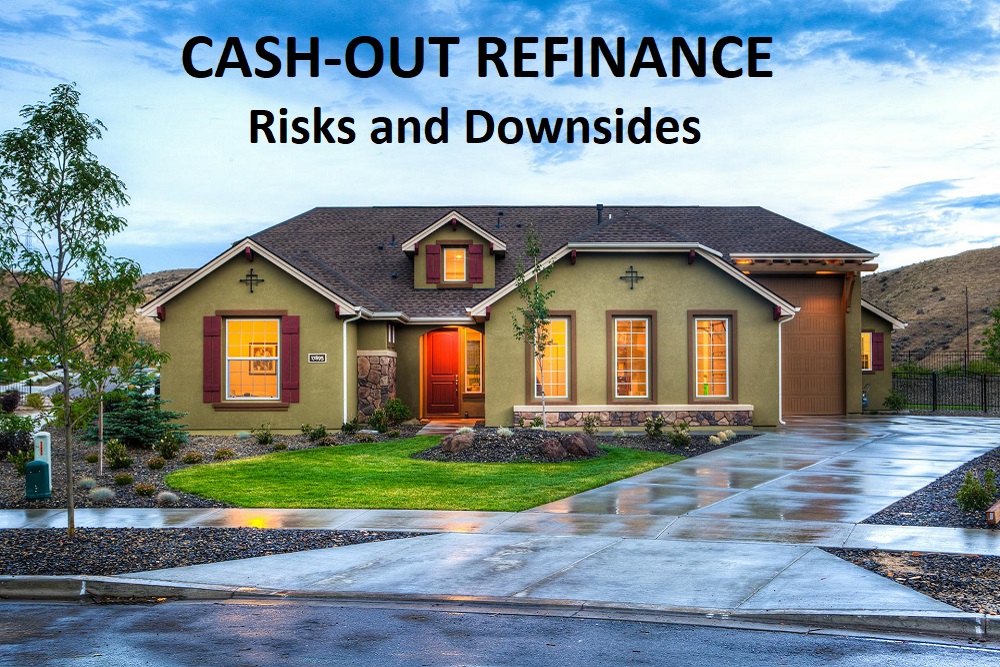
LoanDanny Staff
Discover the risks and downsides of cash-out refinances, including increased debt, higher payments, and foreclosure risks. Learn alternatives and make informed financial decisions. One of the most significant risks of a cash-out refinance is that it increases your overall debt.
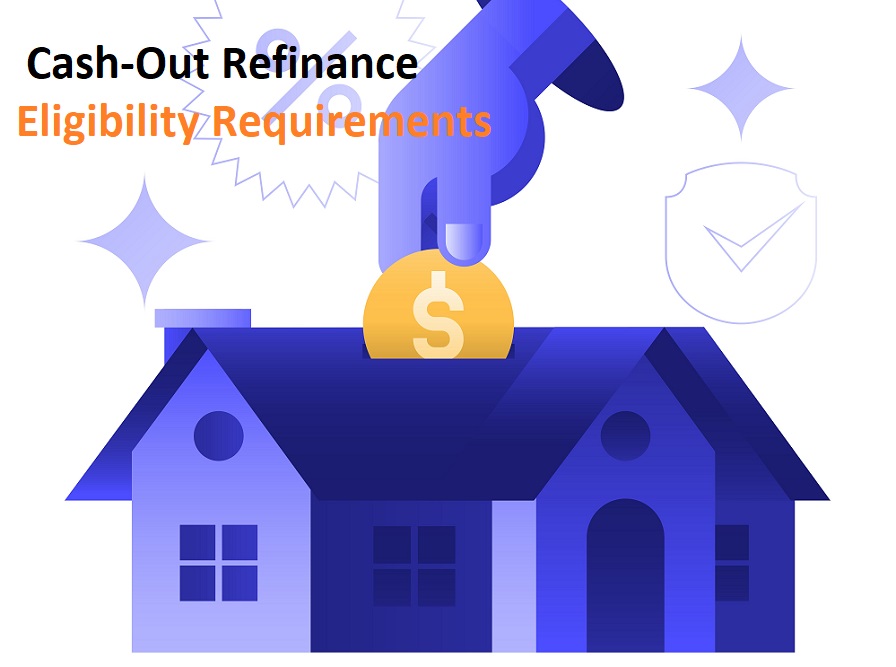
LoanDanny Staff
Lenders impose strict criteria to ensure borrowers can manage the increased loan amount and associated risks when taking out a cash-out refinance. Home equity is the cornerstone of a cash-out refinance. In this comprehensive guide, we’ll explore the key eligibility requirements for a cash-out refinance, helping you determine if this option is right for you.
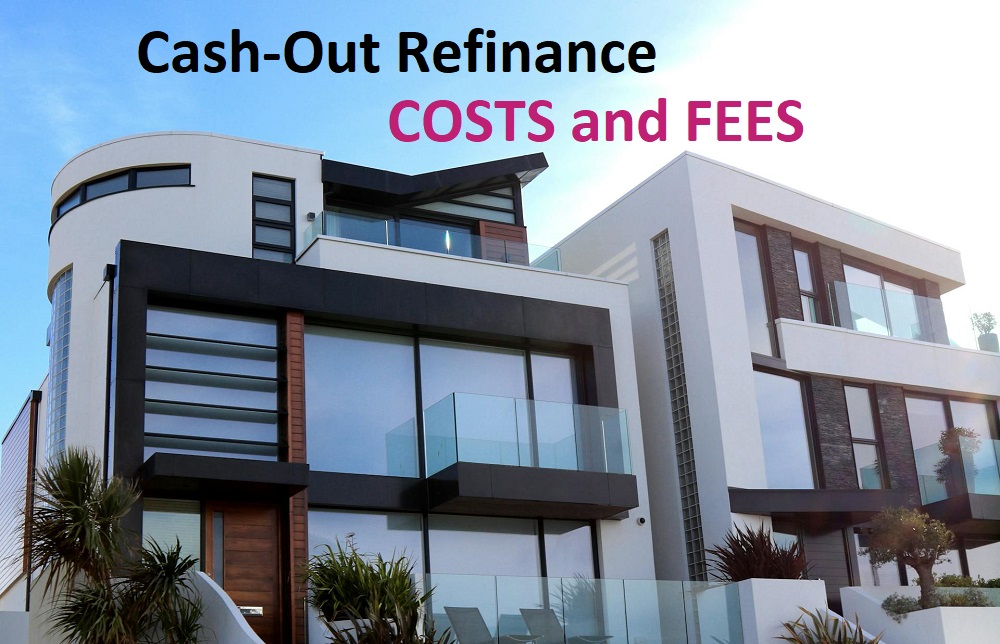
LoanDanny Staff
Closing costs are the fees you pay to finalize your refinance. They typically range from 2% to 6% of the loan amount, depending on the lender, loan size, and location. The costs of a cash-out refinance can be broadly categorized into closing costs, interest-related expenses, and other fees. In this article, we'll explore each category in detail.
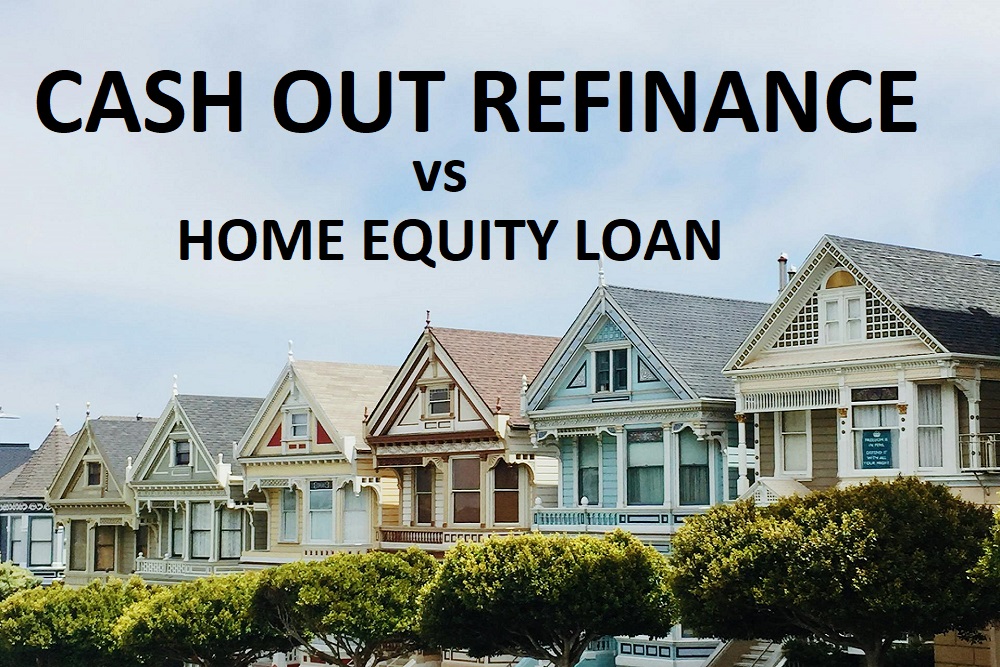
LoanDanny Staff
Cash-out refinances and home equity loans offer valuable ways to tap into your home’s equity, but they come with different costs, risks, and benefits. A cash-out refinance may be ideal if you want to consolidate debt or reset your mortgage terms, while a home equity loan is better suited for those who want to preserve their existing mortgage and borrow a smaller amount.
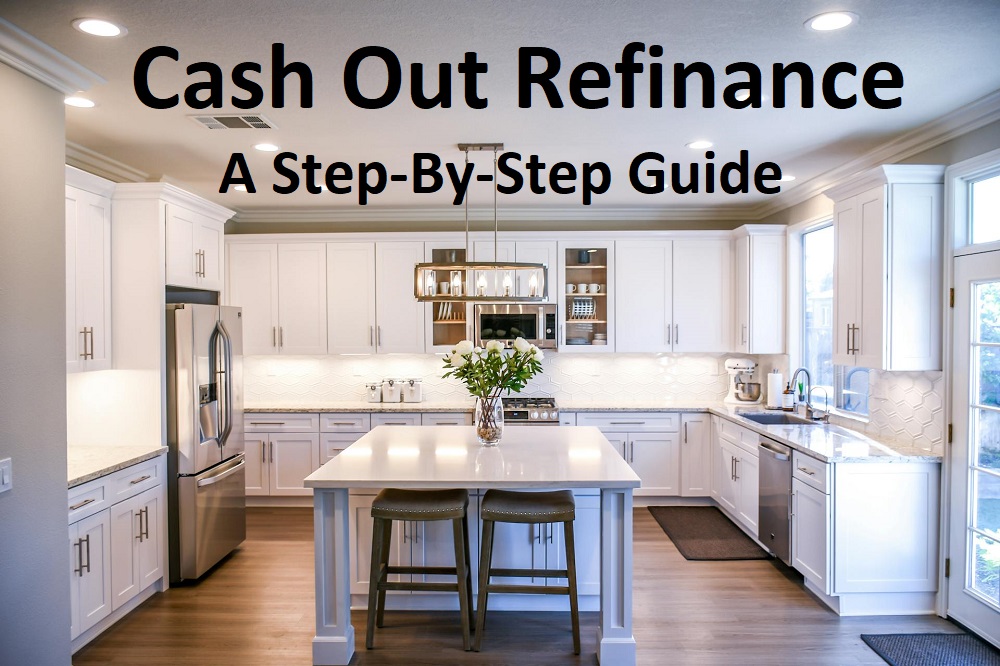
LoanDanny Staff
A cash-out refinance replaces your existing mortgage with a new one for a higher amount than you owe, allowing you to receive the difference in cash. This cash can be used for nearly any purpose, from renovating your home to paying off high-interest debt. Cash-out refinancing is a popular option for homeowners with significant equity, especially in markets where home values have risen.
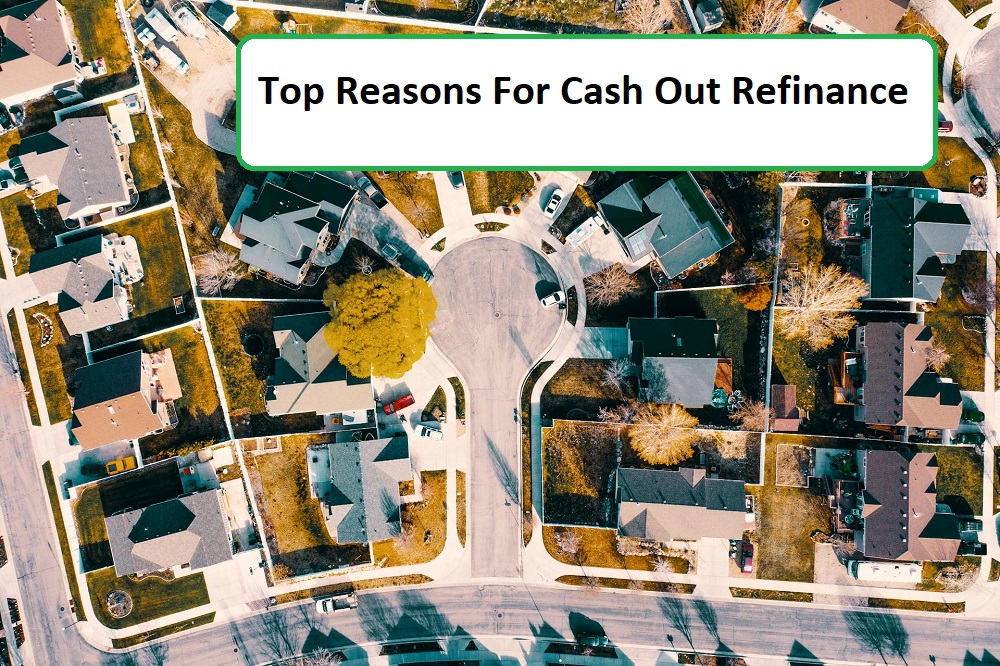
LoanDanny Staff
Is a cash-out refinance the right move for you? In this article, we’ll explore the top reasons to consider a cash-out refinance, how it works, and key factors to keep in mind before making a decision. Some popular reasons include renovating your home, paying off high-interest debt, or funding a major life event. Let's explore seven popular reasons why people use a cash-out refinance.
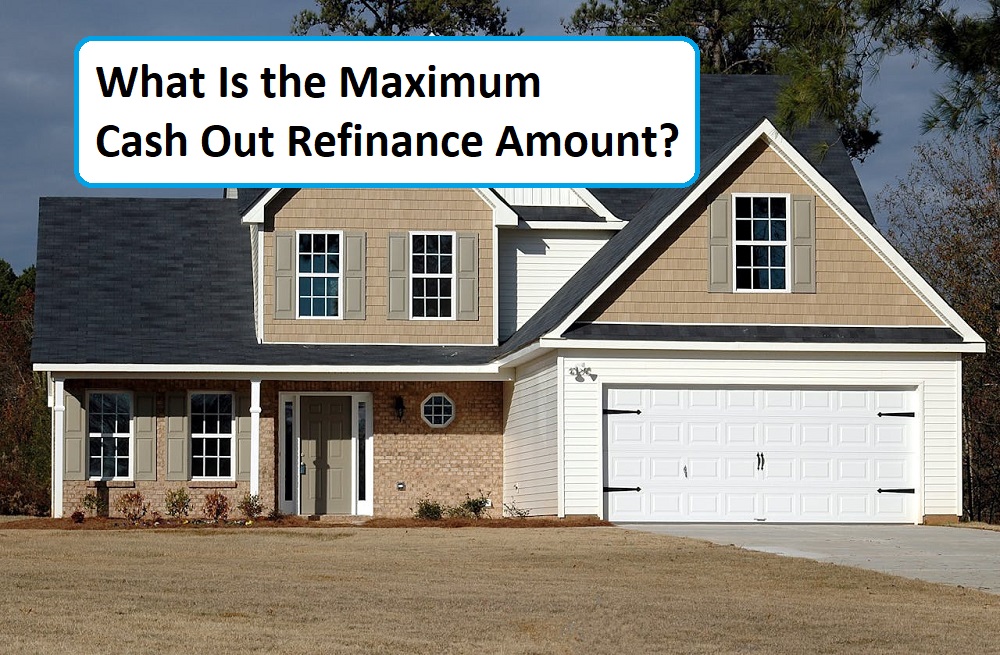
LoanDanny Staff
In a cash-out refinance, you replace your existing mortgage with a new, larger loan and receive the difference in cash. The amount you can borrow depends on your home’s value, your current mortgage balance, and the lender’s policies. Let's walk through the steps to calculate the maximum cash-out amount.
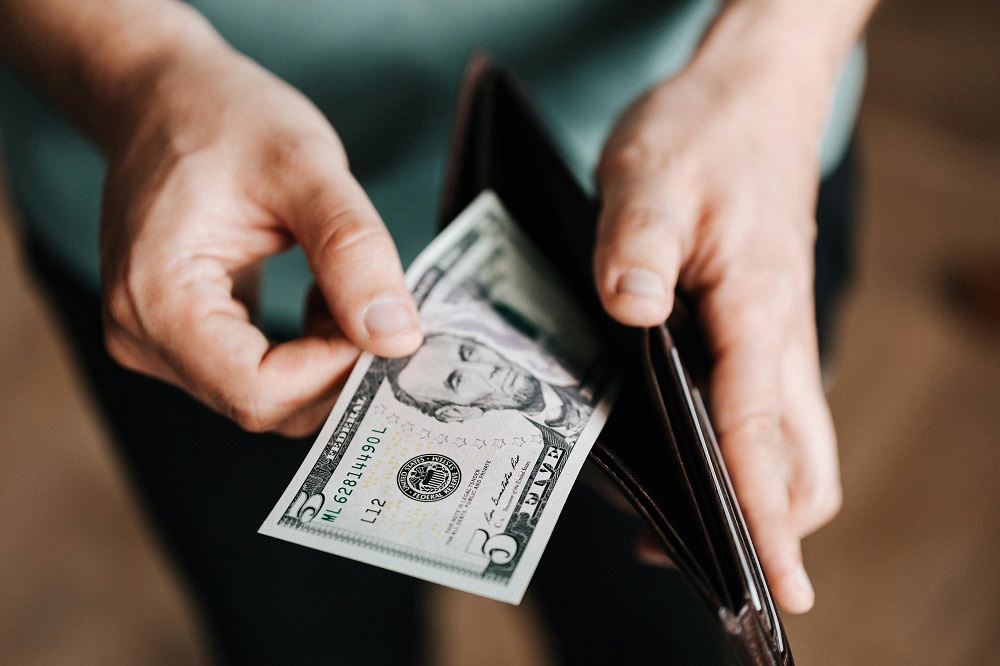
LoanDanny Staff
A lender credit is money offered by a mortgage lender to help borrowers cover closing costs. Sometimes the lender credit is enough to cover all of the lender's closing costs. Any leftover credit may be used for non-lender closing costs like prepaid taxes and homeowner's insurance, but cannot be used as part of a down-payment.
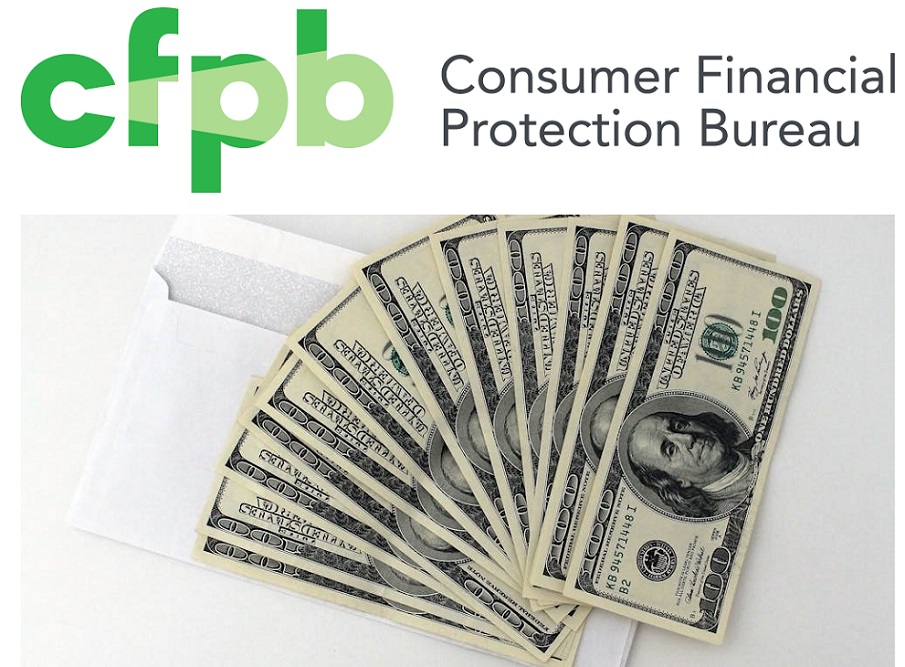
LoanDanny Staff
A Consumer Financial Protection Bureau report reveals that cash-out refinance mortgage borrowers experienced an initial sharp improvement in credit scores
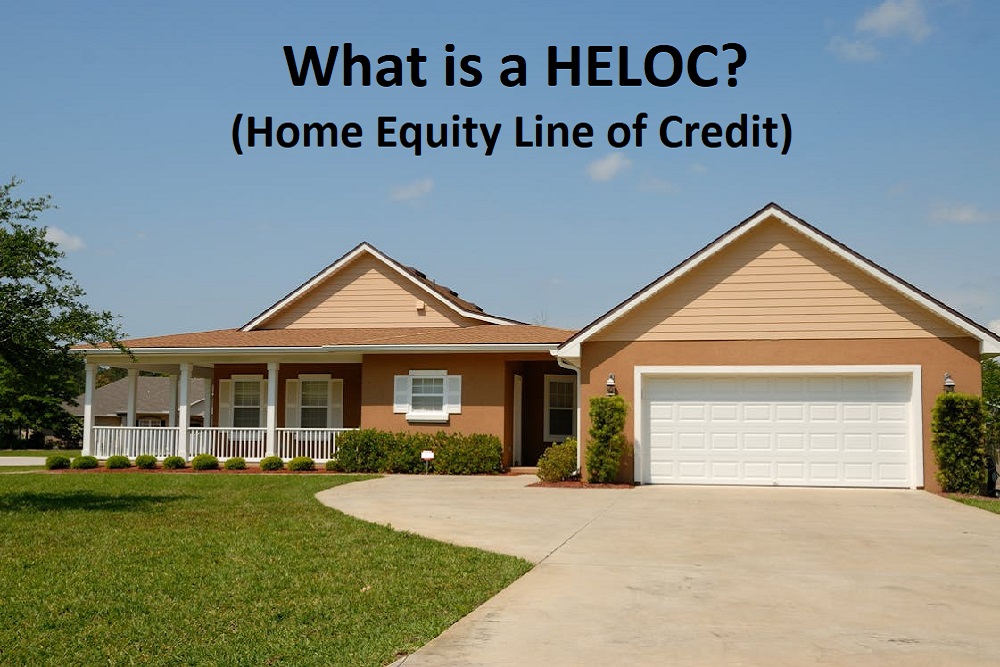
LoanDanny Staff
A HELOC, also known as a "home equity line of credit", is an "open-end" line of credit that allows you to borrow repeatedly against your home equity. It lets you borrow a percentage of the appraised value of your home, minus the amount you owe on your mortgage.
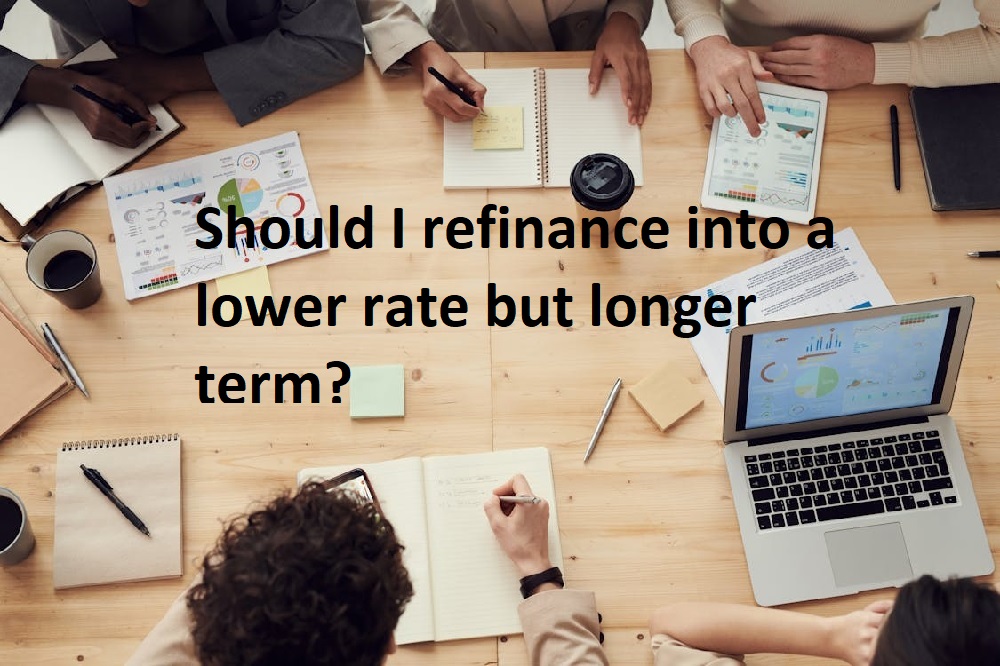
LoanDanny Staff
Should you refinance your mortgage if rates drop? When you refinance into a mortgage with a lower interest rate, it usually results in a lower minimum monthly payment. However, if you are refinancing into a new 30-year mortgage, you're paying interest for longer.
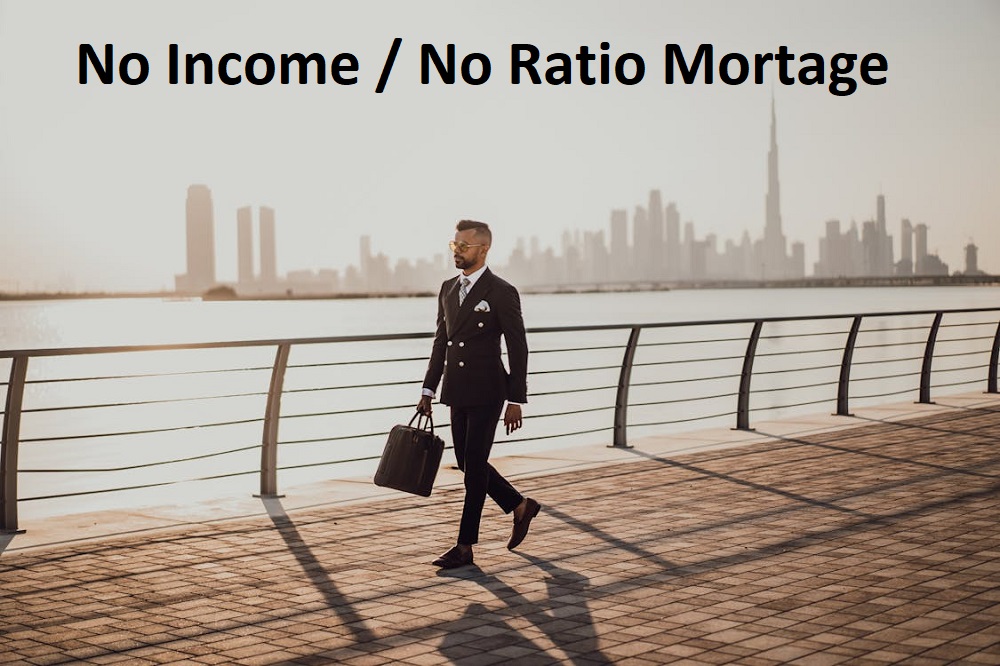
LoanDanny Staff
Unlike traditional loans such as FHA and conventional mortgages, a No income no ratio mortgage focuses mostly on your assets, credit score, and loan-to-value (LTV) to qualify.
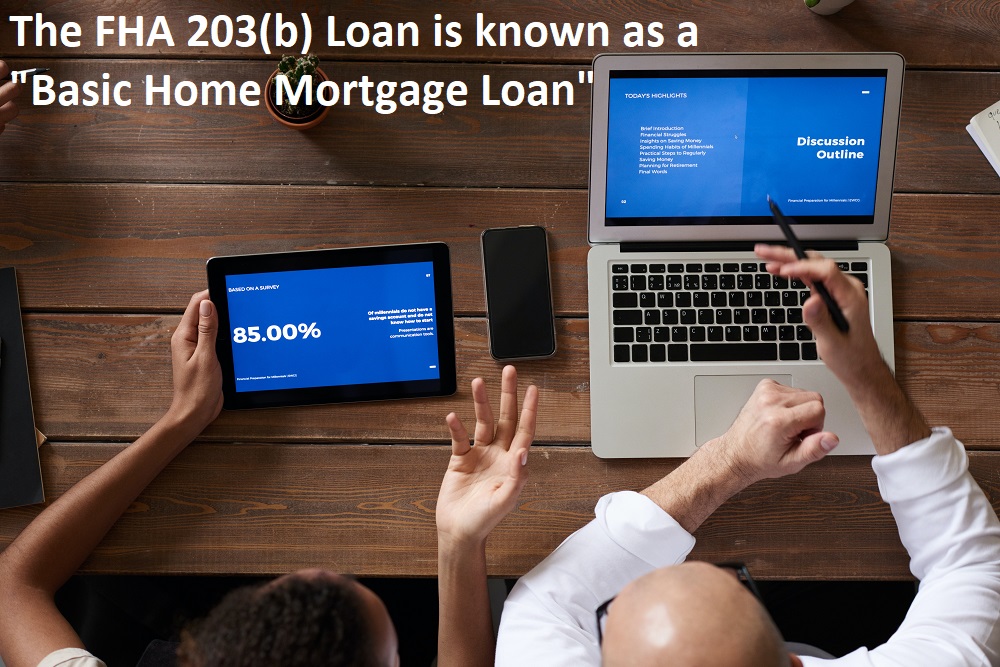
LoanDanny Staff
While the name "FHA 203(b)" sounds complicated, it ironically stands for something called a Basic Home Mortgage Loan. The "203(b)" is just legal talk that describes what federal law it falls under.
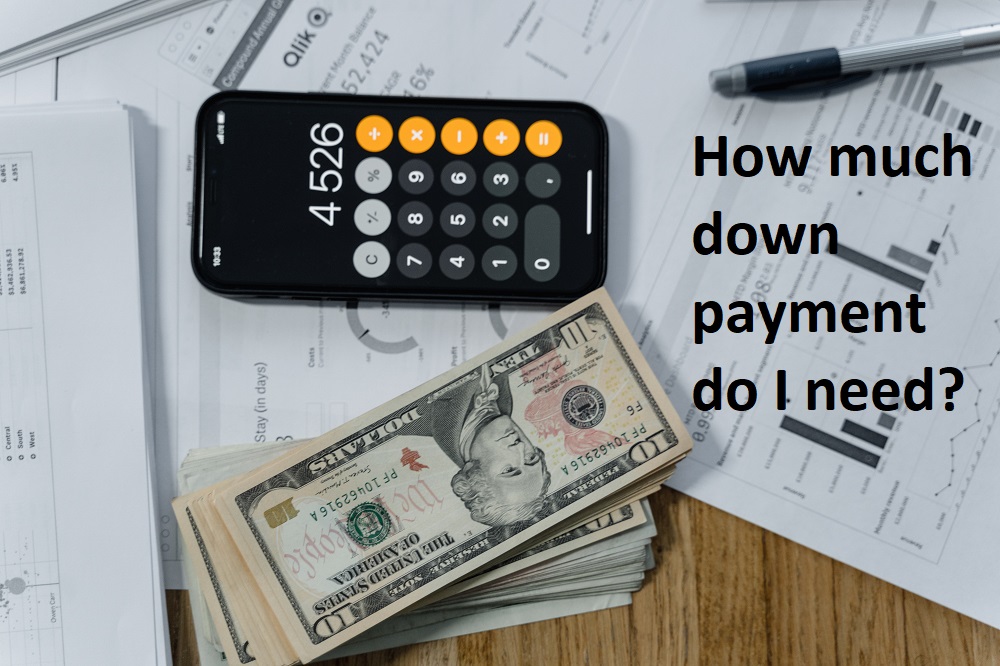
LoanDanny Staff
The great news about the FHA 203(b) Basic Home Mortgage is that you can put down as little as 3.5 percent if your credit score is above 580! For example, a $100K house would require a $3,500 down payment.
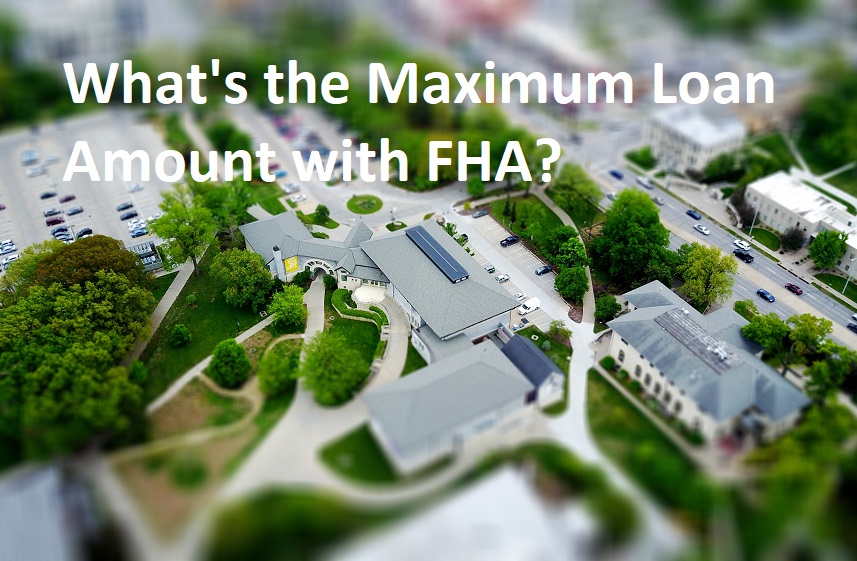
LoanDanny Staff
FHA 203(b) maximum loan limits vary by county and location in the U.S. In this article we feature 3 big metropolitan areas: Los Angeles, Washington DC, and Miami. Find out what's the max FHA mortgage loan possible in these pricy areas.

LoanDanny Staff
Am I eligible for the FHA 203(b) Basic Home Mortgage Loan program? What are the requirements and how can I make sure that I qualify? Do I have to be a first-time homebuyer to take advantage of the FHA program? What if I have a bankruptcy on my record?
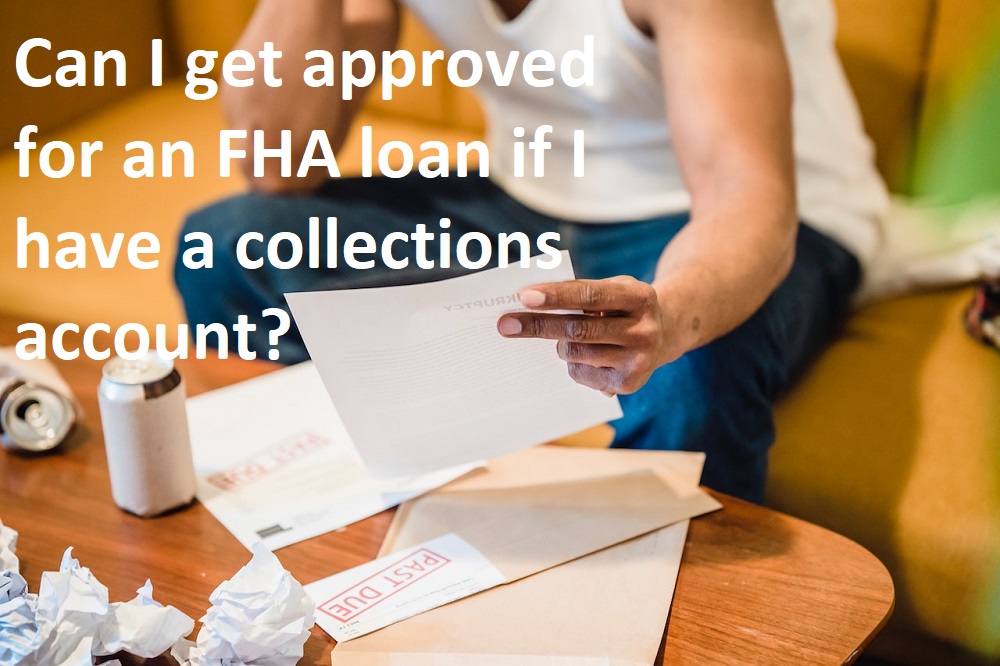
LoanDanny Staff
If you have an open collection account that you're still making payments to, it is still possible to be approved for an FHA loan. FHA does not require that the collection account be paid off. However, FHA does require that the lender analyze your collection accounts in detail to make sure you have the ability to repay the mortgage.
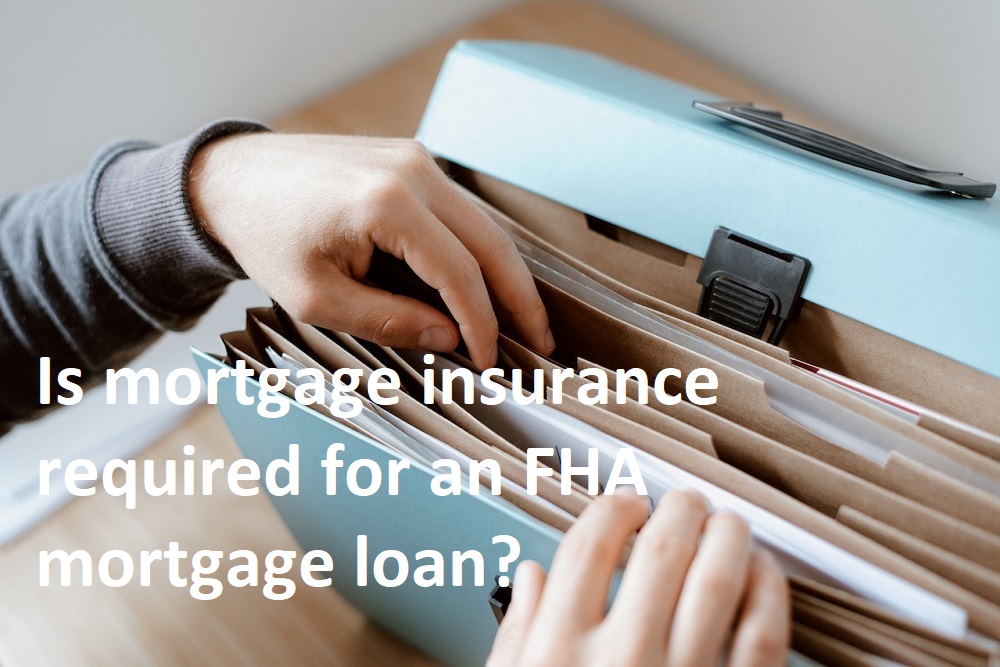
LoanDanny Staff
Do I need to get "PMI" mortgage insurance if I get an FHA loan? Yes, and no. PMI is short for "Private Mortgage Insurance" and doesn't apply to FHA loans. Instead, with an FHA mortgage loan, you will need to get FHA mortgage insurance. You'll pay an FHA mortgage insurance premium up front at the time of closing. Then, you'll pay a premium each and every year afterwards.
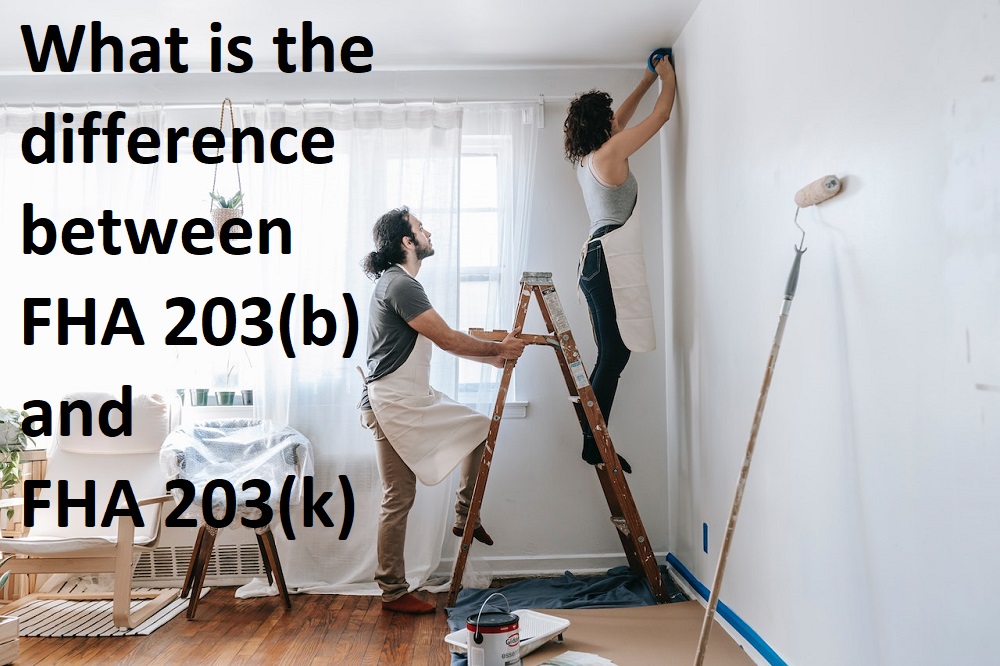
LoanDanny Staff
Are FHA 203(b) loans and 203(k) loans the same thing? What's the difference and why are they named so similarly? People often get these two HUD sponsored FHA loan programs confused because there's literally a 1-character difference in the name (a "b" versus "k"). But in reality, they are very different types of programs.
More blog articles
- HomeReady First Mortgage - a down payment assistance mortgage program
- Do I qualify for a U.S. government-backed mortgage?
- Low Income Loan Programs: HomeReady and HomePossible
- Bank Statement Loan
- P&L Loan (Profit and Loss Loan)
- DSCR Loan
- No Income No Ratio Loan
- What is a "HELOAN"? (aka Home Equity Loan)
Learn about FHA mortgage loans.
What is an FHA loan? Is the FHA part of the government? What qualifications do I need to get approved for an FHA loan? Are FHA mortgages a good fit for first-time home buyers? Are the closing costs high?
Learn about FHA Loans